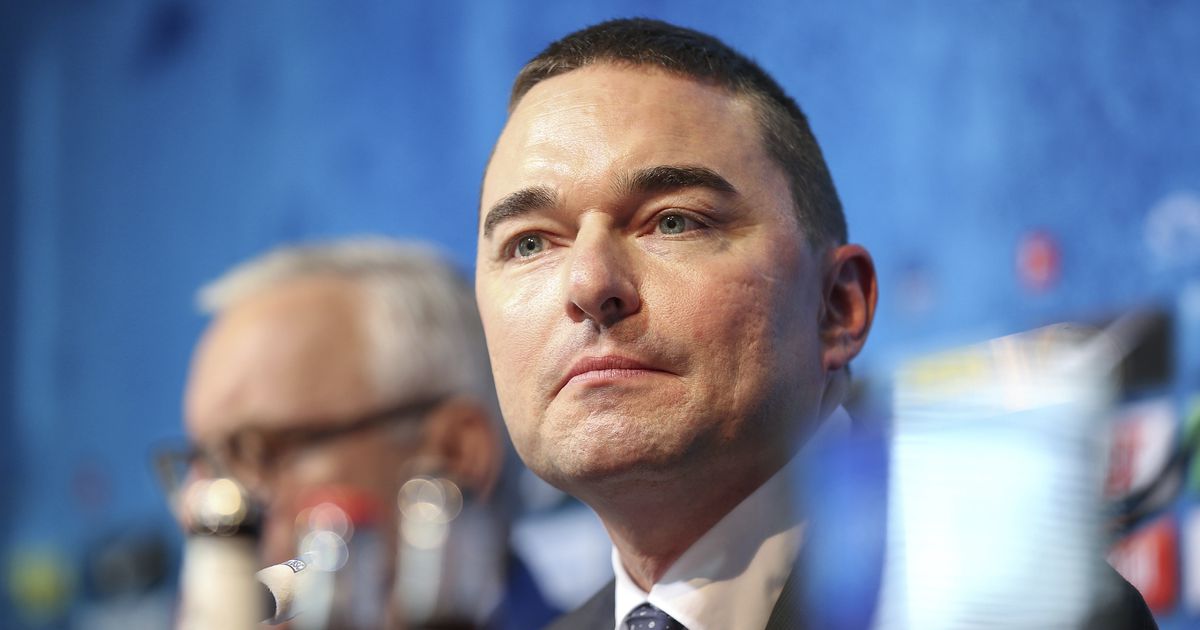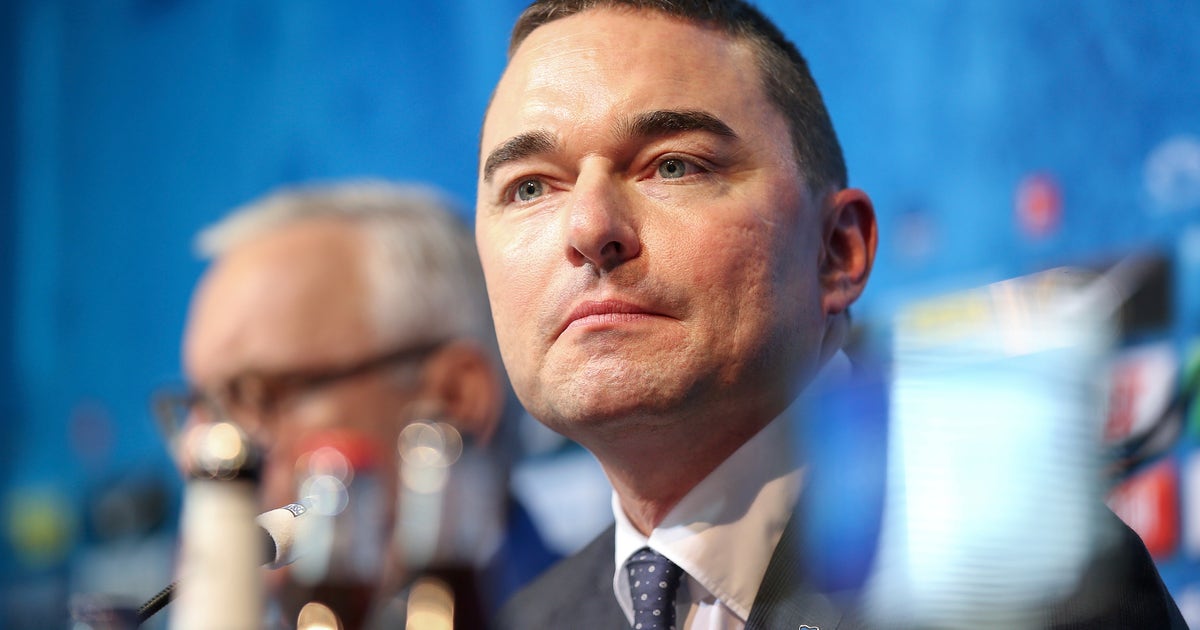Investor betting almost $500M on ‘big city club’ Hertha


BERLIN (AP) — While rivals are counting the cost of the coronavirus pandemic, German soccer club Hertha Berlin is dreaming big.
And spending big.
“If everyone plays a part and avoids big mistakes, then there’s theoretically no reason why Hertha shouldn’t even be German champion and mixing with the best in the Champions League,” investor Lars Windhorst told the Bild tabloid on Thursday. “But no one can say how quickly it will happen.”
Windhorst was speaking a day after Hertha announced he was pumping another 150 million euros ($169 million) into the club through his Tennor Holding company — 50 million euros ($56.3 million) this month, with the rest to follow in October.
Windhorst had already paid $250 million over two installments for a 49.9% stake in the club’s limited company last year, and the latest capital investments will take the 43-year-old entrepreneur’s share to 66.6% — all without contravening the German league’s strict 50 1 rule limiting the role of outside investors because Hertha retains full voting rights.
Hertha stressed in its statement that the club “will continue to appoint the management board” as it maintains a 100% stake in the parent company.
The total investments of almost $500 million from Windhorst mean Hertha’s financial status is secure and put it in position to make a serious impact on the transfer market.
Hertha spent an estimated $83 million on player signings in January — more than any other team in the world. French midfielder Lucas Tousart is joining from Lyon to become the first signing for the new season.
Windhorst’s Tennor group continues to hold four spots on the nine-member supervisory board. Former Germany goalkeeper Jens Lehmann and business attorney Thomas Werlen were confirmed to the board on Wednesday, joining Tennor advisor Marc Kosicke, who is also agent for Liverpool coach Jürgen Klopp and Leipzig coach Julian Nagelsmann.
Hertha’s fans will be hoping that the second season following Windhorst’s involvement will be better than the first. Hertha spent much of the season in crisis with fears of relegation before the coronavirus pandemic suspension offered some time for reflection and change.
Bruno Labbadia was appointed the fourth coach of the season in April and brought some stability to the club, which recovered to finish in 10th place in the 18-team league.
It had been Windhorst’s decision to bring former United States coach Jürgen Klinsmann to Hertha last year. Klinsmann was feted as the man to wake the “sleeping giant” when he became the team’s second coach of the season, but he left the club in chaos when he quit abruptly after nine league games after asking for more power.
“It was definitely a year that no one could have foreseen,” general manager Michael Preetz said, also referring to the coronavirus. “We’ve been through it all this season.”
Windhorst said the latest investments will help Hertha achieve its goal of international success.
“The financial background of the club is an important contribution. Now, those responsible at the club have to make the most of it on a sporting level. I firmly believe that this goal can be achieved,” said Windhorst, who previously said Hertha should be a “big city club” comparative to others in London, Paris or Madrid.
“I stand by the term because it brings to the point what it’s all about,” Windhorst said. “You need a big stage where players like to live and interesting surroundings where an audience can be found. The big city clubs will be successful in the long run.”





